Six60: Till The Lights Go Out: Film Review
Director: Julia Parnell
There is a certain section of New Zealand that utterly adores Six60.
Beloved by the heartland, despised by sections of the musical mainstream and yet phenomenally popular, the Dunedin lads have cracked the big time selling out Auckland's Western Springs stadium and being the first to do so.
But as it stands, Julia Parnell's doco dips dangerously close to hagiography, thanks to a desire to not delve deeper into the issues that have plagued Six60 or to detract from their clearly mapped out redemption arc that anchors most of this piece.
The beautifully shot film is one of two halves, as the first leads to plenty of inspiration from Matiu Walters, Eli Paewai, Chris Mac, Ji Fraser and Marlon Gerbes and their family history. From being raised on the rugby field via drinking issues, via Gerbes' escape from gang life to Eli being raised by grandparents, the unconventional route is both a salute to the boys' work ethics as much as it is a tribute to New Zealand living in all its different paradigms - and triumphing.
Parnell knows how to make great fist out of this side of things, using archive footage of the younger lads, choice soundbites, down-to-earth talking heads and a generally loving vibe, she crafts an underdog story that's truly hard to resist.
It all works well in Six60: Till The Lights Go Out until it doesn't.
From grandiose statements made by others and backed up by none, it becomes clear Parnell isn't interested in digging deeper below the surface and scratching into the issues that have plagued the band through the years. From the binge drinking to conflict between Walters and co-founder Fraser (the clash of which is choreographed in of all places a boxing ring), Parnell's less keen to move away from the largely positive vibe she's after presenting.
It culminates in the collapse of a balcony at a Dunedin gig in March 2016, which left teen Bailley Unahi paralysed. While the band talks of their guilt at her fate, Parnell uses footage of Bailley but she doesn't speak. It's an odd moment that stands out, and while producers say Unahi was happy to be featured, but didn't wish to take from the band, it feels jarring and difficult to watch - especially given how the accident impacted the band and nearly caused them to implode.
You may gain respect for Six60 through the piece, as the aforementioned wobble is of the director's making, and you may understand their triumph at the end, but you may also be surprised how emotionally hollow it feels thanks to the somewhat shallow approach to the subject.
In some ways, Six60: Till The Lights Go Out may be the doco 2020 needs - a feelgood celebration of one of our own and a salutation to the ordinary New Zealander and the can do attitude. But long term, this lack of fleshing the meat on the bones prevents Six60: Till The Lights Go Out from excelling into the stratosphere it could have so easily ascended to.




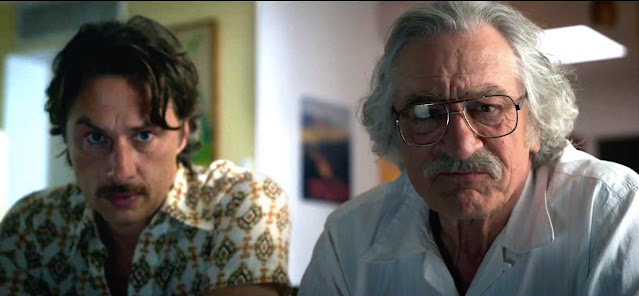





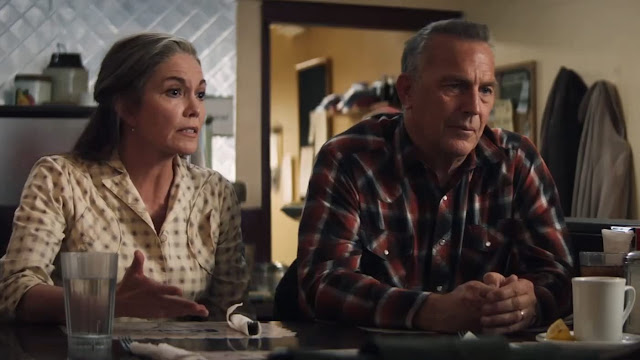



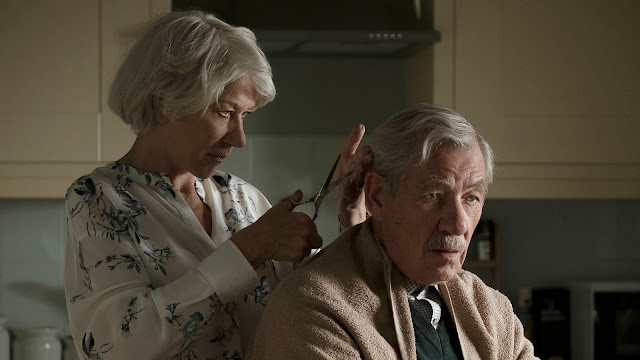


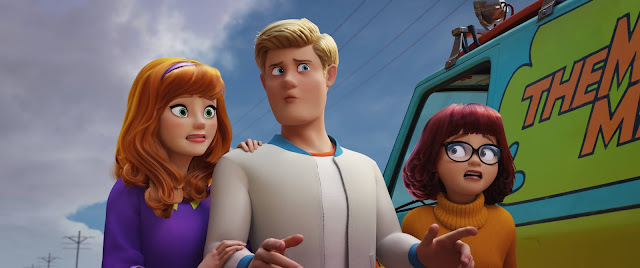









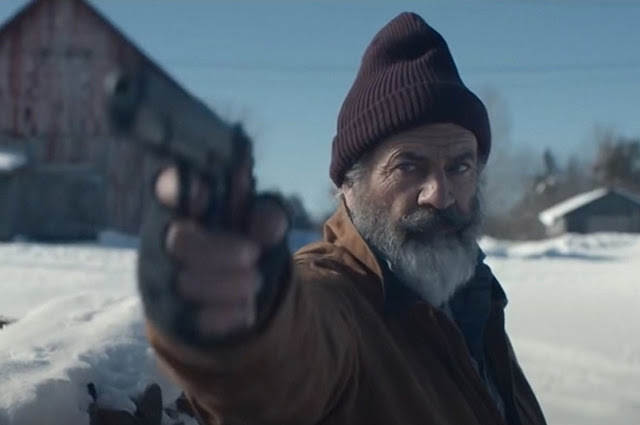

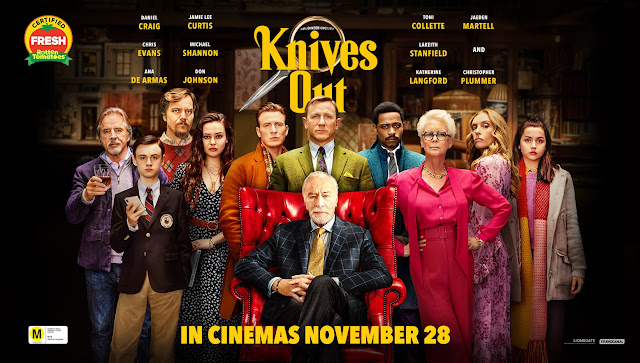




%20&%20Edith%20Poor%20(Lizzie%20Moyle)_%C2%A9BBCS%20&%20Bunya%20Entertainment.jpg)